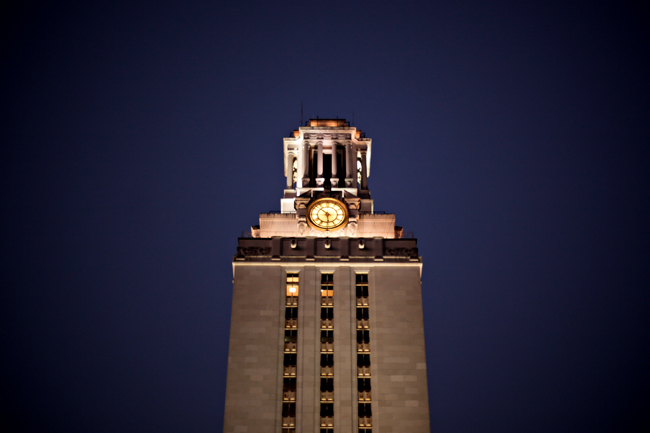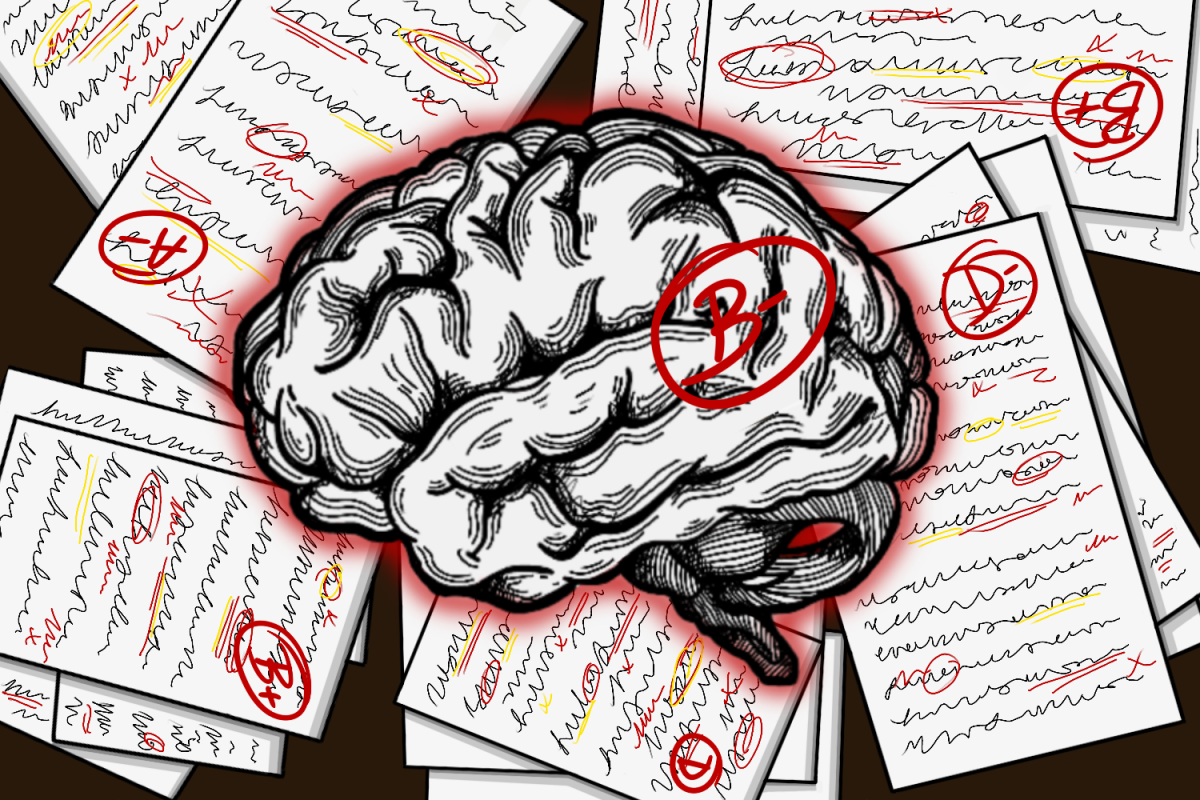Donald Trump, like a child who learned a new word, has recently accused everything of being “rigged.” The media, to the debate schedule, and the election itself, are according to him, all working against him.
But the hubbub Trump has raised on the possible rigging of the presidential election is more than another example of his typical childish insistence that he can never lose. Trump’s conviction that the very political process is rigged against him — and by extension his millions of fervent supporters — is dangerous to the very fabric of American democracy.
An essential component of democracy is the accepted legitimacy of elections. We take for granted that the losers of the election concede to the winners without calling for revolution. Trump’s message has preemptively planted doubt in his supporters’ minds as to whether or not they will be properly represented. And his rhetoric has had a real impact on the electorate — according to a recent poll, 41 percent of voters (including 73 percent of Republicans) believe that the election may be “stolen” from Trump.
There is a solid consensus among academics who study elections that voter fraud is not a threat to the legitimacy of elections. The kind of voter fraud Donald Trump has consistently referred to in his rallies, where voters show up to the voting booth 10 times under different names, is extremely rare. The multitude of people, elected and appointed, who are involved in supervising elections on the state and local levels are all highly trained in detecting voter fraud and make “stealing” an election highly unlikely.
To be fair, there is more room for error in terms of the votes that are not directly supervised by these officials. Absentee ballot fraud, in which people buy or steal mailed ballots, certainly exists. But even this does not happen on a large enough scale to have an actual electoral impact.
Republicans, from campaign lawyers to prominent politicians (including Paul Ryan), have reiterated their faith in the validity of the election. Even so, their long history of scaring voters to justify reforming voter ID laws in states including Texas to protect for an unfounded fear of fraud have made them vulnerable to Trump’s claims.
Donald Trump is not new to the business of making outlandish and unsupported claims. But for all of his attacks on what should be bedrock values of our country (like tolerance for immigrants and cultures, as well as basic respect for women and minorities), by questioning the legitimacy of our elections, he is assaulting something actually fundamental to this country.
Suspecting the other candidate of cheating is by no means a new phenomena. Losers of past elections have certainly flirted with these kinds of suspicions, but have historically stayed silent and called for the nation to unify behind the rightful winner of the election. But Trump, who seems on many occasions unable to accept facts that might force him to deflate his giant ego, is more than capable of egging on the few that would maintain the election was stolen if Trump loses. His dire warnings of a rigged election have reached a fever-pitch as of recent, but began as soon as his poll numbers started to slip.
After Nov. 8, it’s hard to imagine Trump’s supporters going back into the woodwork if he loses — the bigotry and nationalism are here to stay in politics. But if Trump doesn’t concede to the legitimacy of the election and discourage his surrogates from calling for “pitchforks and torches” if Hillary wins, we may have an even more difficult path moving forward as a nation.
Nemawarkar is a Plan II sophomore from Austin. She is a senior columnist. Follow her on Twitter @janhavin97





















